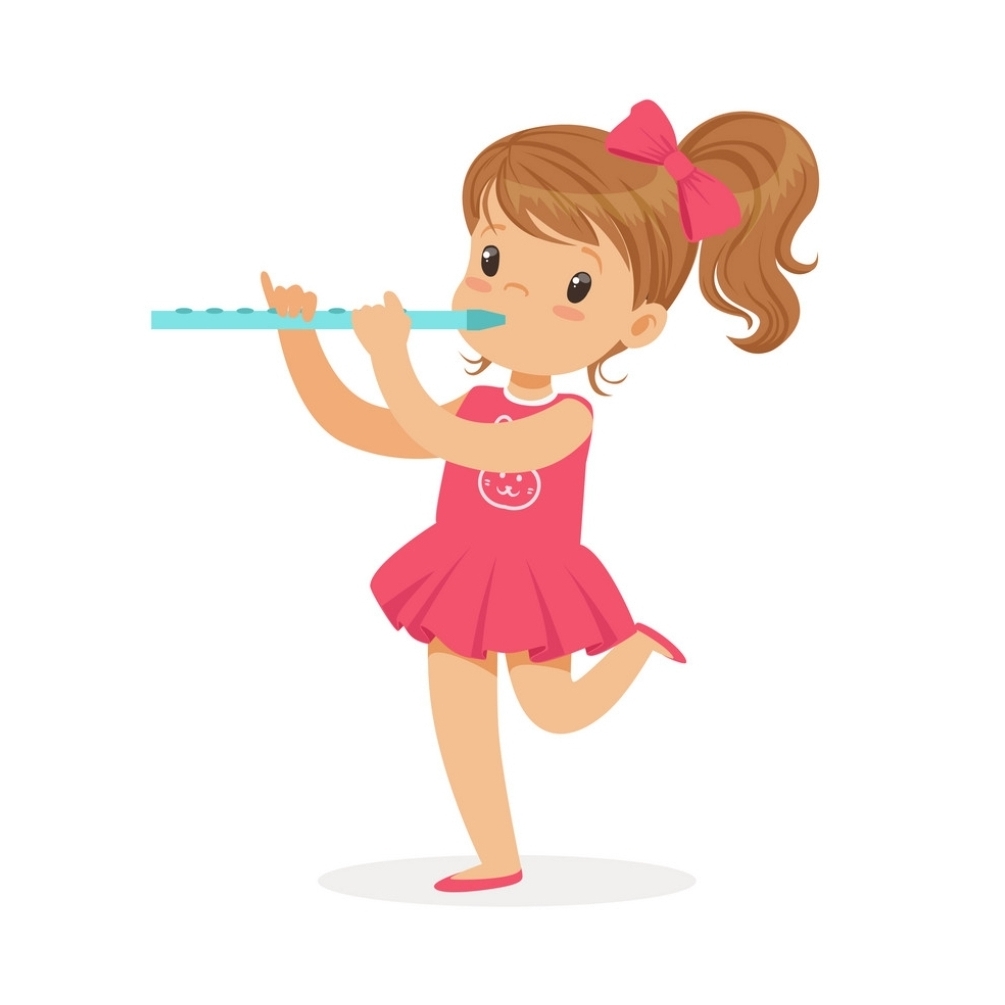
Matthew 11:17
And saying, We have piped unto you,
and ye have not danced;
we have mourned unto you,
and ye have not lamented.
Study
Other translations
New International Version
’We played the pipe for you, and you did not dance; we sang a dirge, and you did not mourn.’
New Living Translation
‘We played wedding songs, and you didn’t dance, so we played funeral songs, and you didn’t mourn.’
English Standard Version
“‘We played the flute for you, and you did not dance; we sang a dirge, and you did not mourn.’
Berean Study Bible
‘We played the flute for you, and you did not dance; we sang a dirge, and you did not mourn.’
Berean Literal Bible
saying: ‘We piped for you, and you did not dance; we sang a dirge and you did not wail.’
New King James Version
and saying: ‘We played the flute for you, And you did not dance; We mourned to you, And you did not lament.’
New American Standard Bible
and say, ‘We played the flute for you, and you did not dance; we sang a song of mourning, and you did not mourn.’
NASB 1995
and say, ‘We played the flute for you, and you did not dance; we sang a dirge, and you did not mourn.’
NASB 1977
and say, ‘We played the flute for you, and you did not dance; we sang a dirge, and you did not mourn.’
Amplified Bible
and say ‘We piped the flute for you [playing wedding], and you did not dance; we wailed sad dirges [playing funeral], and you did not mourn and cry aloud.’
□ ■ □
The comparison is drawn from one of the common amusements of the children of an Eastern city.
▪︎ They form themselves into companies, and get up a dramatic representation of wedding festivities and funeral pomp.
▪︎ They play their pipes, and expect others to dance;
▪︎ They beat their breasts in lamentation, and expect others to weep.
They complain if others do not comply with their demands.
To such a company our Lord likens the evil generation in which He and the Baptist lived.
▪︎ They were loud in their complaints of the Baptist because he would not share their self-indulgent mirth;
▪︎ They were bitter against Jesus because He would not live according to the rules of their hypocritical austerity.
Thus interpreted, the whole passage is coherent.
The more common explanation inverts the comparison, and sees in our Lord and the Baptist those who invite to mourning and to mirth respectively, and are repelled by their sullen playmates.
This would in itself give an adequate meaning, but it does not fall in with our Lord’s language, which specifically identifies the children who invite the others (this rather than “their fellows,” is the true reading) with the “generation” which He condemns.
The verses that follow, giving the language in which the same generation vented its anger and scorn against the two forms of holiness, agree better with the interpretation here adopted.
We have piped unto you
It was usual in Judea, at feasts, to have music of an airy kind, accompanied with dancing (Luke 15:25); and at funerals, melancholy airs, to which were joined the lamentations of persons hired for that purpose.
The children, therefore, in that country, imitating these things in their diversions, while one band of them performed the musical part, if the other, happening to be froward, would not answer them by dancing or lamenting, as the game directed, it naturally gave occasion to this complaint,
These words at length were turned into a proverb.
Greek
We played the flute ☆ Ηὐλήσαμεν (Ēulēsamen) ☆ Verb – Aorist Indicative Active – 1st Person Plural ☆ To play the flute, pipe. From aulos; to play the flute.
For you ☆ ὑμῖν (hymin) ☆ Personal / Possessive Pronoun – Dative 2nd Person Plural ☆ You. The person pronoun of the second person singular; thou.
And ☆ Καὶ (Kai) ☆ Conjunction ☆ And, even, also, namely.
You did not dance ☆ ὠρχήσασθε (ōrchēsasthe) ☆ Verb – Aorist Indicative Middle – 2nd Person Plural ☆ To dance. Middle voice from orchos; to dance.
We sang a dirge ☆ Ἐθρηνήσαμεν (Ethrēnēsamen) ☆ Verb – Aorist Indicative Active – 1st Person Plural ☆ Intrans: I lament, wail; trans: I bewail. From threnos; to bewail.
And ☆ Καὶ (Kai) ☆ Conjunction ☆ And, even, also, namely.
You did not mourn ☆ ἐκόψασθε (ekopsasthe) ☆ Verb – Aorist Indicative Middle – 2nd Person Plural ☆ A primary verb; to ‘chop’; specially, to beat the breast in grief.
□ ■ □
Read more of these messages at: https://devotionals.harryschoemaker.nl
Download your Bible pictures from: http://bijbelplaatjes.nl
Follow me on Twitter: @schoemakerharry
Email: devotionals@harryschoemaker.nl





